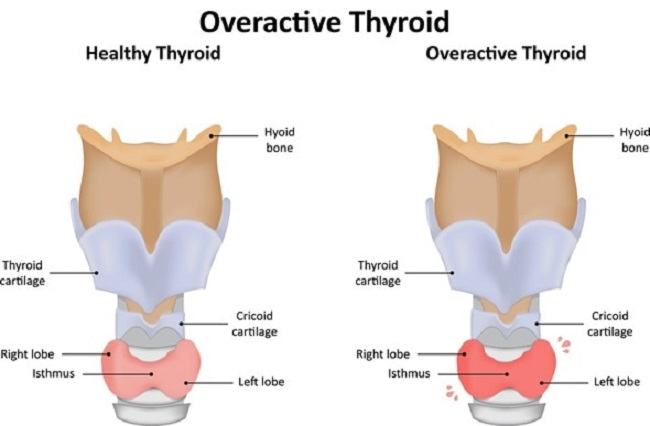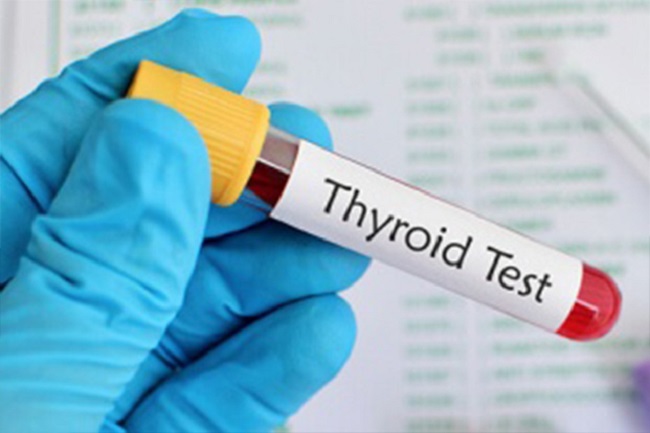11Further symptoms of Hyperthyroidism
Advertisement
• Insomnia and fatigue
• Diarrhea
• Increased sweating and irritability
• Heart palpitations and shortness of breath
• Light menstrual periods—perhaps even missed periods
• Mental disturbance and nervousness
• Tremors or sudden paralysis
• Weight loss or even weight gain
• Muscle fatigue
• Dizziness and vision changes
• Heat intolerance
• Itchiness or hives
• Increase in blood sugar

Image Source: www.news-medical.net
12The causes of thyroid disorders
Advertisement
Having said all that we really need to delve a bit deeper and find out the real cause of Thyroid Disorder. One probable cause is our immune system confusing the thyroid cells and the enzymes as their potential attackers. This type of disease is called Hashimoto's thyroiditis. This condition can be caused by the development of nodules that would grow and manifest the input of thyroid hormone.

Image Source: providr.com
13Detection and treatment
Advertisement
Now that we know the causes and symptoms of thyroid disorders, we reach the stage of detection and treatment of this disorder. If you see someone with slightest of the symptoms, they will need an immediate blood culture or thyroid test to make sure the thyroids levels are under control. Usually, the treatment involves a synthetic hormone called Levothyroxine. Also, there are many alternative antithyroid drugs that block the production of your own thyroid hormones. But, never treat yourself or take the medication mentioned on your own. Thyroid disorders are complicated and should always be determined by a doctor who will prescribe the treatment best for you.

Image Source: www.lalpathlabs.com
14It could be an autoimmune condition
Advertisement
Sometimes the doctors suspect the disorder maybe auto-immune rather than food sensitive. Gluten can be a possible criminal here which might cause leaky gut, toxins and infections and not to mention stress. Thyroid secretion needs some key nutrients.

Image Source: alisonwellnessclinic.com
15Deficiencies
Advertisement
Experts find it possible that deficiencies of selenium and zinc may help in the treatment, in fact, other hormones such as cortisol and sex hormones should be tested as they are an integral part of the endocrine system too.

Image Source: www.parashospitals.com